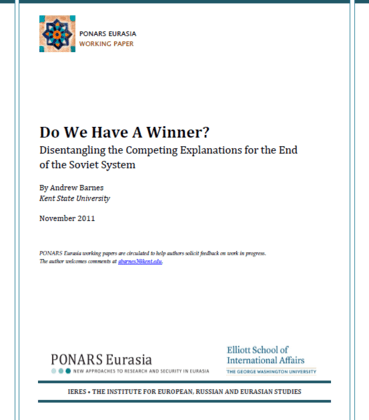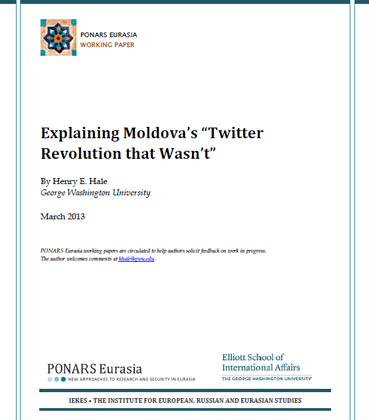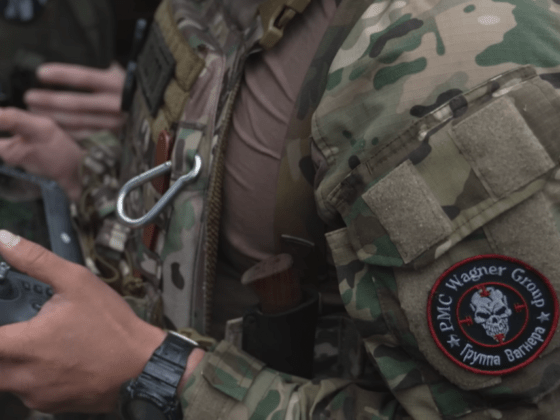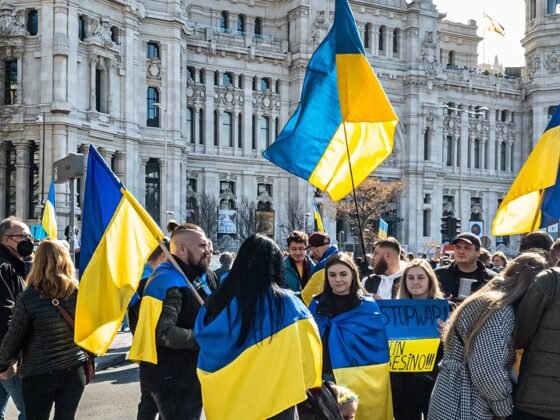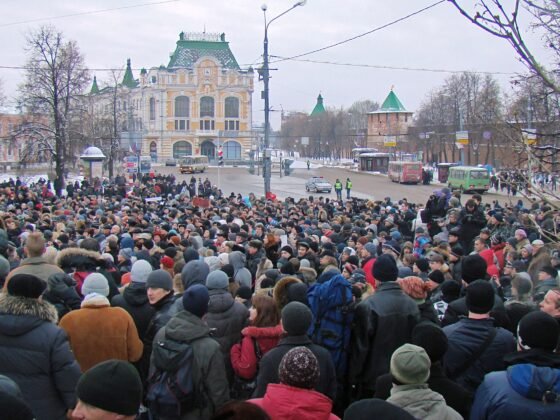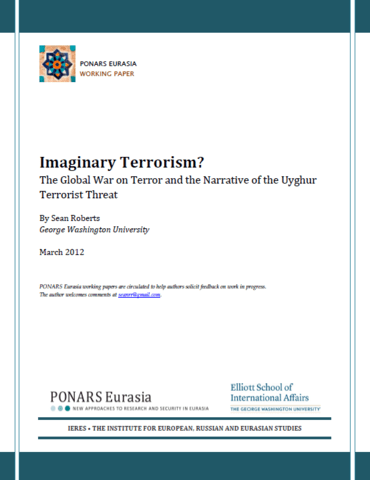
As this paper suggests, however, the entire premise of China’s “war on terror” is problematic because it remains unclear whether a militant Uyghur organization even exists that is capable of carrying out substantial and organized acts of terrorism. Furthermore, as the paper also argues, the questionable nature of the PRC’s counterterrorism activities has been obscured by international actions and “expert analysis” that have helped to reaffirm and perpetuate the narrative promoted by the PRC about the terrorist threat it faces from the Uyghurs. This has had grave consequences for the Uyghurs both inside and outside China, who by most independent accounts have suffered extensive restrictions on their human rights as a result of PRC counterterrorism policies during the last ten years. In this context, the paper seeks to critically examine the creation and reproduction of the prevailing narrative about Uyghur terrorism that has been presented to the international community while seeking to provide a more cautious and evidence based evaluation of the threat Uyghur militants pose both to China and the world.


